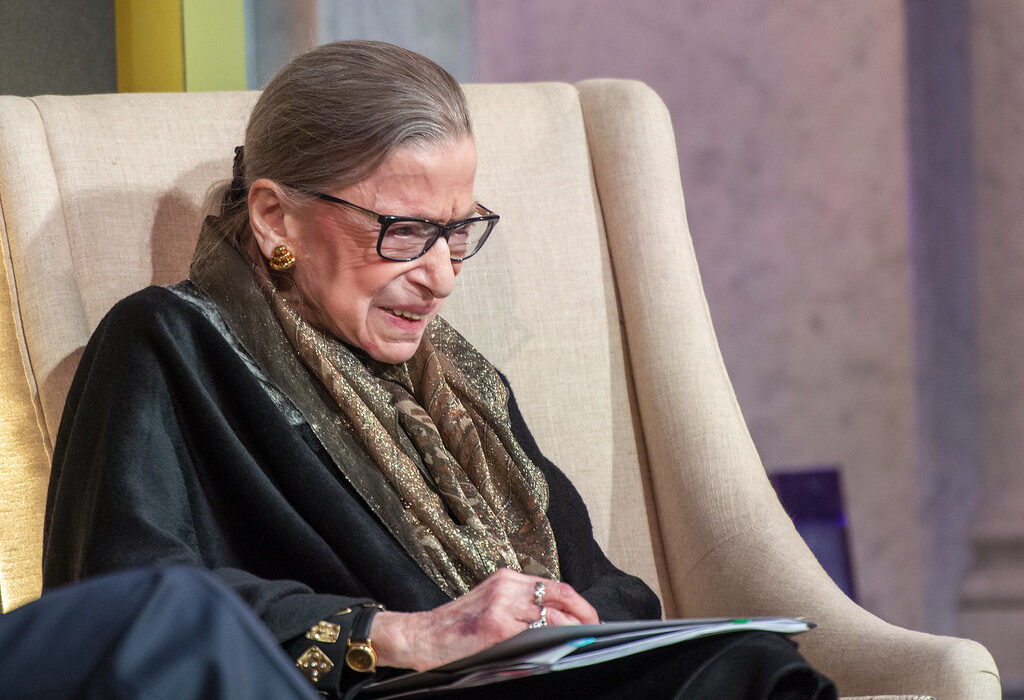Ruth Bader Ginsburg left a lasting legacy from her time on the bench. A champion for equality and women’s rights, the impact she has had on women’s personal finances is one of her accomplishments that many people may have overlooked.
It may be hard to believe, but do you know there was a time in this country that women were not allowed to apply for, or obtain a credit card?
That has all changed thanks to “The Notorious RBG.” And that is not all! Here are three crucial ways that RBG forever gave women more freedom over their own personal finances.
1. Employment and reproductive choices
Ginsburg founded and led the Women’s Rights Project of the American Civil Liberties Union (ACLU), which pushed for systematic reform. It layed the foundation for many rights women take for granted today. Ginsburg fought alongside attorney Susan Deller Ross to pass the Pregnancy Discrimination Act of 1978.
This act prohibits discrimination against women who are or might be pregnant. It empowered women to earn their own money, build their own savings, and make their own investment decisions. Another significant fight was against forced sterilization. In the 1970s, there was a notion that poor women, predominantly in the South, must be sterilized in order to keep their jobs. Ginsburg argued that women should be able to make those decisions for themselves.
2. College admission
Until 1996, women were prohibited from attending the state-supported Virginia Military Institute. Justice Ginsburg led the ruling that opened the door to female students, giving them the same educational opportunity as males. She argued any law that “denies to women, simply because they are women, full citizenship stature — equal opportunity to aspire, achieve, participate in and contribute to society,” violated the Equal Protection Clause of the 14th Amendment.
3. The right to financial independence
Additionally, Ginsburg’s early work laid the foundations for the Equal Credit Opportunity Act of 1974.
In fact, this allowed women to open bank accounts, take out credit cards in their names, and commit to a mortgage without a male cosigner. The act makes it illegal for any creditor to discriminate against an applicant for reasons of sex, race, color, marital status, age, or religion. It means women can control their own financial decisions, including buying a house or taking out a personal loan.
In conclusion, Ruth Bader Ginsburg fought for equal rights — particularly for women — throughout her career. Thanks to her perseverance and incredible legal acumen, women have more opportunities to work, climb the corporate ladder, and control their own finances.

